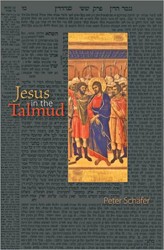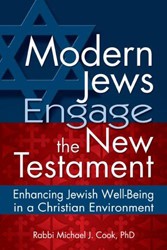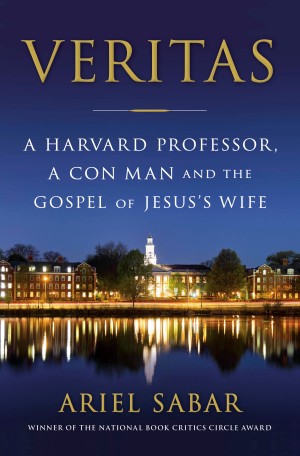By
– February 27, 2012
With the rise of the print culture in the mid-16th century, in addition to the threat of Christian reformers, the Church implemented many policies designed to restrict Jewish life and limit contact with Christians. One of these was the banning of certain Jewish texts, or at least the expurgation of passages that were considered threatening, not least those perceived to express criticism of the Church and its doctrines. Recognizing both the violent and asymmetrical action this represented, as well as the missionary motivations of these policies, Raz- Krakorzkin’s aim is not so much to further denounce the oppressive nature of the Catholic censor, as it is to study the dynamics of censorship. He seeks to clarify the principles of editing at work, and the relationships between the agents of control, including the censors, Jewish community representatives, and the Christian Hebraists, Christian scholars who had a new interest in Hebrew texts during this period. Censors sought to prevent the publication of forbidden content, but they had to become familiar with this material to do so, thereby authorizing that which passed the test. Thus, in addition to what was omitted from Jewish texts, much Jewish literature was incorporated into Christian discourse in new ways as permitted knowledge, hence, effecting the reshaping of the limits of Catholic orthodoxy, especially in response to internal Christian disputes with the Reformers. In addition, Jews now gained explicit permission to publish those components of their literary heritage that passed the test. Among the many interesting twists and turns revealed in this learned volume, is the fact that the Talmud could no longer be denounced as post-Biblical, because that played into legitimating the Reformers’ claims against the authority of the Church Fathers as post-Biblical, and thus not authoritative. Bibliography and index.
Mark D. Nanos, Ph.D., University of Kansas, is the author of Mysteryof Romans, winner of the 1996 National Jewish Book Award, Charles H. RevsonAward in Jewish-Christian Relations.





